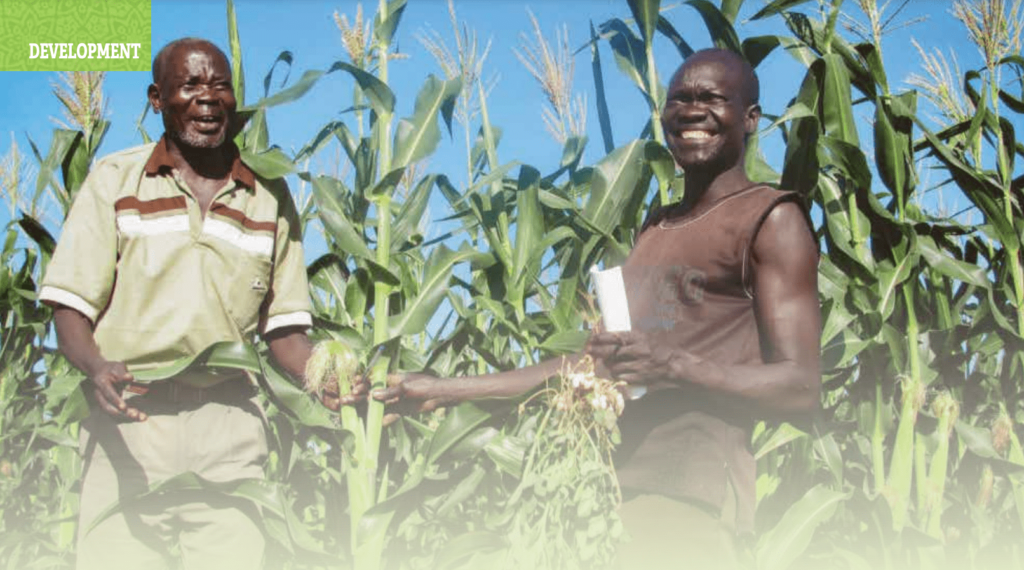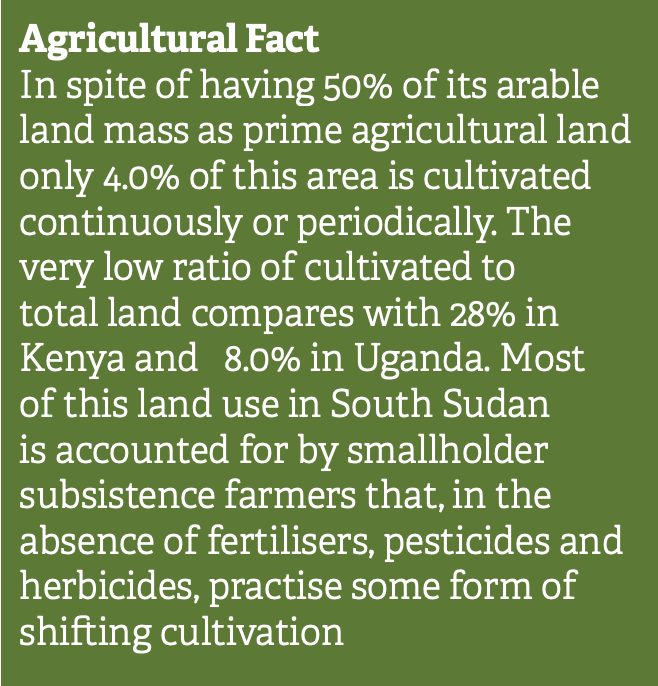thousands of families, including his. “It is not safe,” Amoyi Mathew, an elderly foreman who leads weekly harvest treks to Arinya warned him.
“We all live here in Upari, but go there two days before the market day on Saturday. We organise and go in groups, sleep in one place, and come back together on Saturday morning.” Heeding Amoyi’s caution, Ijjo rather than proceed to Arinya bought cassava and tomatoes at Upari and rode back to Juba to resell.
“My mum was still worried for my safety after I explained everything to her, but deep down, I had made up my mind on my next move,” says Ijjo. The mother lives with Ijjo in Juba, where Ijjo relocated her, alongside his six-year-old son, whom he withdrew from school, and his wife. The following Wednesday, Ijjo left Juba in the morning, reaching Upari in the afternoon.
He spent the night at Amoyi’s homestead. On Thursday, Amoyi led a group of eight men trekking to Ijjo’s village where they converged under a leafy tree near a stream, their home for the next two nights.



